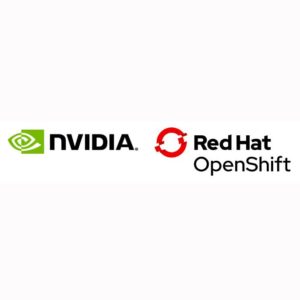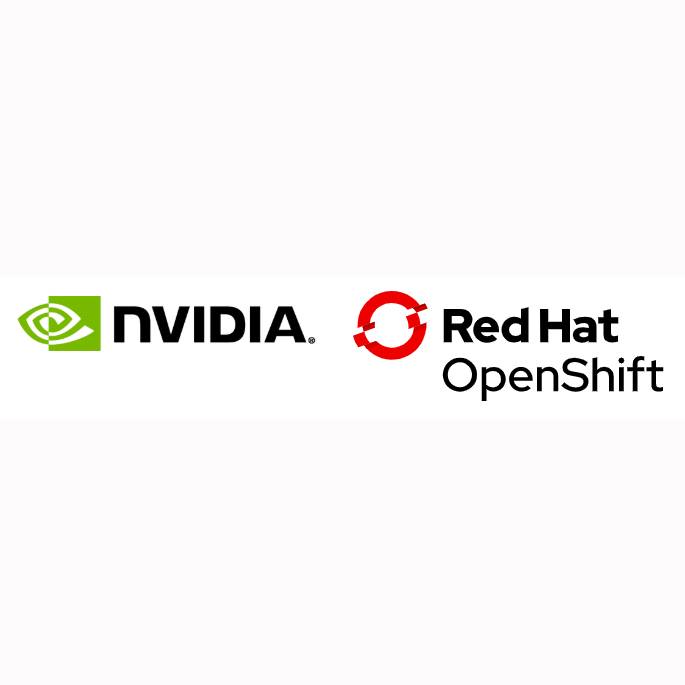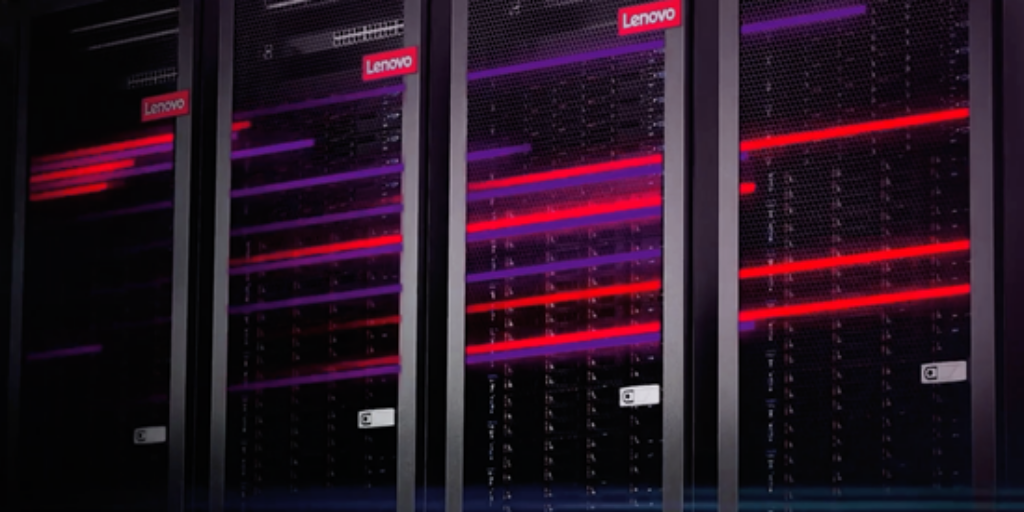 Today Red Hat announced it has deepened its alliance with NVIDIA to accelerate the enterprise adoption of AI, machine learning and data analytics workloads in production environments. To move things along, Red Hat is launching an early access program for prospective customers.
Today Red Hat announced it has deepened its alliance with NVIDIA to accelerate the enterprise adoption of AI, machine learning and data analytics workloads in production environments. To move things along, Red Hat is launching an early access program for prospective customers.
High-performance technologies are moving at a brisk rate into enterprise data centers to accelerate product development and business operations – including financial services, ERP and sales analysis, fraud detection and cybersecurity, and machine learning-AI,” said Steve Conway, senior vice president of research, Hyperion Research. “The hybrid cloud solutions from Red Hat and NVIDIA are designed to make accelerated computing use easier for enterprises on-premise and in the cloud.”
By combining Red Hat’s leading enterprise open source software solutions with NVIDIA’s innovative GPU hardware, CUDA-X acceleration libraries, and NGC container registry, the companies are demonstrating new capabilities for running GPU-accelerated workloads across the hybrid cloud. The NGC container registry provides a rich catalog of GPU-accelerated AI/ML and data analytics containers that can run on a foundation of Red Hat Enterprise Linux and Red Hat OpenShift Container Platform with supported NVIDIA GPUs on-premise and in the cloud.
Fueled by an ever-increasing global data pool, technologies like AI/ML are changing the business landscape through automation, optimization and analysis. From fraud detection in financial services to recommendation engines in entertainment and e-commerce, data-driven AI computing is having an impact throughout the enterprise. These advances are enabled by accelerated computing technology from NVIDIA, which aims to push the boundaries of what is possible and—along with Red Hat—help to democratize the same computational resources powering the fastest supercomputers in the world.
The operating system is the heartbeat of these systems, and Linux is a de facto standard for running highly available, reliable, and critical workloads in data centers and cloud deployments. The combination of Red Hat and NVIDIA technologies enables applications to more efficiently tap into the raw computational power needed to run resource-intensive workloads and scale them across hybrid environments.
In October 2018, Red Hat announced the certification of Red Hat Enterprise Linux on NVIDIA DGX-1 systems, opening the door for enterprises to more easily move GPU-accelerated workloads from experimental, sandbox test environments into production. Building on this work, the companies have now certified Red Hat Enterprise Linux on additional NVIDIA-powered computing platforms, including NVIDIA DGX-2 AI systems and NVIDIA T4 GPU-powered systems available from the world’s leading server manufacturers.
Cloud-native application development describes the process of building applications using fine-grained components such as microservices and deploying them in Linux containers where they can be managed by a container platform. This provides a greater level of consistency, availability, portability and scale over traditional applications, making it well-suited for running accelerated applications across private, public and hybrid clouds.
Red Hat OpenShift Container Platform is the industry’s most comprehensive enterprise Kubernetes platform: a security-focused, consistent foundation to deliver applications across the hybrid cloud, with full-stack automated operations and more streamlined developer workflows to help get to market faster. In collaboration with NVIDIA, the platform is extended to support NVIDIA GPU-accelerated systems in container environments.
To encapsulate large scale AI/ML container deployment and management practices, Red Hat and NVIDIA are working on a joint reference architecture that takes advantage of OpenShift Operators to better streamline customer implementations in enterprise data centers. This work aims to help prospective and current enterprises customers to accelerate their adoption of AI and data analytics at scale.
Sign up for our insideHPC Newsletter




